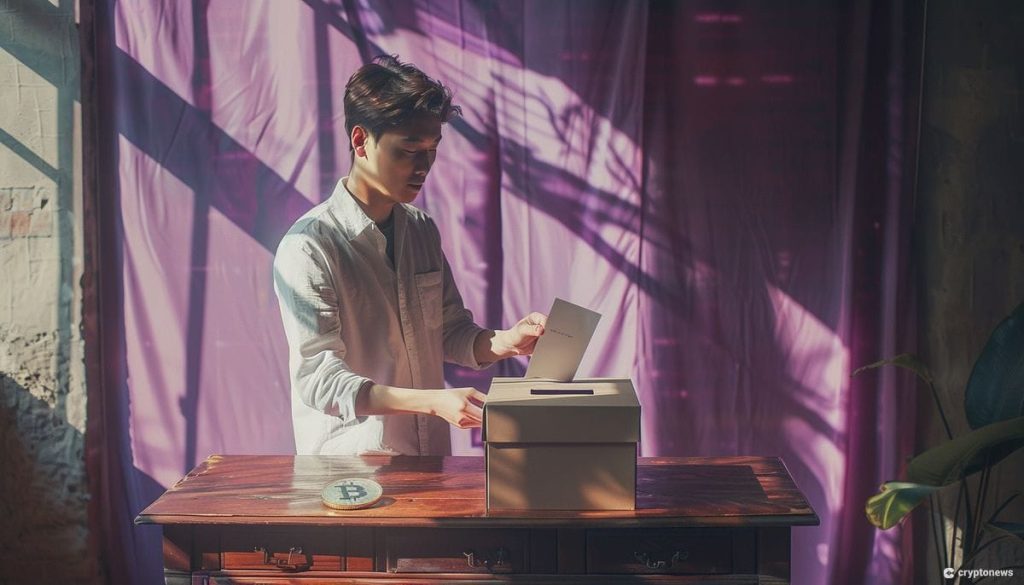The upcoming legislative elections in South Korea on April 10 could be heavily influenced by the voting intentions of the country’s 6 million crypto traders. Both major political parties have made crypto-related promises in their manifestos in an attempt to attract the youth vote, which is considered to be a crucial swing vote group in South Korea. The Democratic Party has pledged to push regulators to approve Bitcoin and altcoin spot ETFs if they win the majority, while the People’s Power Party has promised to defer the introduction of capital gains tax on crypto-related profits.
The outcome of the election is crucial for current President Yoon Seok-yul, as if the opposition wins 200 seats or more out of 300, there is a risk of him facing impeachment. Crypto tax has been a political football in South Korea in recent years, with plans set to tax crypto traders on their profits starting January 1, 2025. Both parties have expressed intentions to create regulations that protect crypto investors and expand the domestic crypto market. Attention in South Korea is now firmly on the votes of the country’s 6 million crypto traders.
Crypto was also a significant issue in the 2022 South Korean presidential election, with both candidates making crypto-related promises. The result of these promises could have a significant impact on domestic markets, with the approval of a Bitcoin spot ETF potentially shifting demand from ETF futures to spot markets. Crypto investors are cautiously optimistic about the potential benefits of these promises, including potential tax reductions and market boosts resulting from ETF approval.
There are differing opinions among investors regarding the political parties’ crypto-related promises, with some expressing skepticism and distrust. While some see the promises as beneficial for investors, others view them as mere attempts to gain votes without substance. Election observers believe that the People’s Power Party has a slight advantage heading into the election, but the Democratic Party currently holds a 41-seat lead over its rival, meaning a significant swing would be required for the People’s Power Party to win an outright majority.
The Seoul Rehabilitation Court has noted a 31% increase in “personal rehabilitation” applications in FY2023, driven by crypto investment, particularly among individuals aged 20-29. The growing interest in crypto investments among young people is indicative of the potential impact of crypto-related policies and promises on the upcoming election. The future of crypto regulation in South Korea remains uncertain, with the election results likely to shape the direction of the country’s crypto policies and market.


